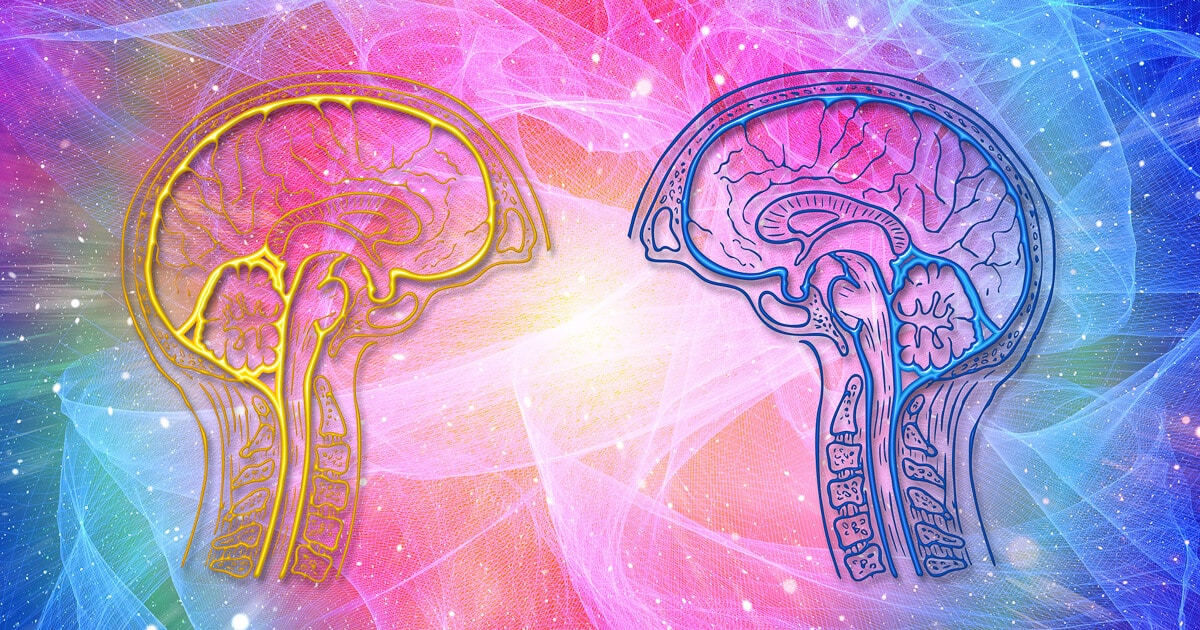As a leadership coach and mindfulness teacher, I frequently encounter individuals who are incredibly self-critical, placing immense pressure on themselves to achieve perfection. I remember very well those times when I used to do the same. This relentless inner critic, can significantly impact not only our personal well-being but also our relationships, teamwork, and overall leadership effectiveness. This article explores the pervasive effects of self-criticism and offers a path towards cultivating self-compassion as a powerful antidote.
The Ripple Effect of Self-Criticism
Dr. Shirzad Chamine ground work on Positive Intelligence describes that our inner critic (the Judge and the nine Saboteurs identified by Dr. Chamine) blames at three levels:
- Ourselves – constant self-doubt, never feeling good enough, comparing constantly with others, feeling we need to prove ourselves
- Others – constantly blaming others for all our misfortunes, our missed opportunities or focuses on what’s wrong with others than what we appreciate or can learn from them.
- Circumstances – it’s always the fault of the circumstances for all that is happening to us. Only if the circumstances would change…
Self-criticism, fuelled by the ten internal Saboteurs, has far-reaching consequences. It’s not just about our inner voice; it impacts how we interact with the world around us.
Impact on Self: The constant barrage of self-criticism erodes self-esteem, fostering anxiety, depression, and burnout. Success becomes bittersweet, overshadowed by the persistent feeling of inadequacy. This relentless inner critic traps us in a cycle of striving, leaving us perpetually dissatisfied, regardless of our accomplishments.
Impact on Relationships: Our self-critical tendencies extend beyond our inner world, affecting our interactions with loved ones. Impatience, anger, and emotional withdrawal become commonplace, straining relationships with friends and family. Unconsciously, we may project our self-criticism onto others, creating conflict and misunderstanding. This extends to our judgment of circumstances and our environment, leading to negative interpretations and responses to external factors.
Impact on Leadership and Teams: For leaders, self-criticism manifests as micromanagement, perfectionism, and an inability to delegate. This creates a toxic work environment characterized by stress, stifled creativity, and low morale. A culture of fear develops, hindering open communication and collaboration. The constant criticism of the work environment or circumstances creates a negative feedback loop that impacts the team’s productivity and well-being. This reflects Chamine’s broader framework, showing how self-criticism extends to impact our judgment of our surroundings and circumstances, negatively affecting those around us.
The Power of Self-Compassion
Self-compassion, the ability to treat ourselves with the same kindness and understanding we would offer a dear friend, is a powerful antidote to self-criticism. It involves:
- Self-Kindness: Replacing self-judgment with self-understanding and acceptance. Recognizing that making mistakes is part of being human.
- Common Humanity: Remembering that everyone experiences struggles and imperfections. We are not alone in our challenges.
- Mindfulness: Observing our thoughts and emotions without judgment, acknowledging them without getting swept away by them.
Cultivating Self-Compassion
Here are some practical steps to cultivate self-compassion:
- Practice mindfulness: Regular meditation or mindfulness exercises can help you develop awareness of your inner critic and detach from its negativity.
- Challenge your inner critic: When you notice negative self-talk, gently challenge its validity. Ask yourself: “Would I say this to a friend?”, “Is this really true?”
- Practice self-care: Prioritize activities that nurture your physical and emotional well-being. This could include exercise, healthy eating, spending time in nature, or engaging in hobbies.
- Focus on self-acceptance: Embrace your imperfections and recognize your strengths. Celebrate your accomplishments, both big and small.
- Seek support: Talk to a trusted friend, family member, therapist, or coach. Sharing your struggles can be incredibly helpful.
The Leadership Advantage
Leaders who cultivate self-compassion are better equipped to lead with empathy, resilience, and authenticity. They create a more supportive and inclusive work environment, fostering trust and collaboration. They are also more likely to model healthy coping mechanisms and encourage their teams to prioritize well-being.
Conclusion
Self-criticism is a common struggle, but it doesn’t have to define us. By understanding its impact and actively cultivating self-compassion, we can transform our inner landscape, strengthen our relationships, and lead more effectively, both personally and professionally.
Let’s work together to replace the crushing weight of self-criticism with the liberating power of self-compassion.
Join our next online Mindful Self-Compassion course starting on Sunday, February 2nd, 2025.


